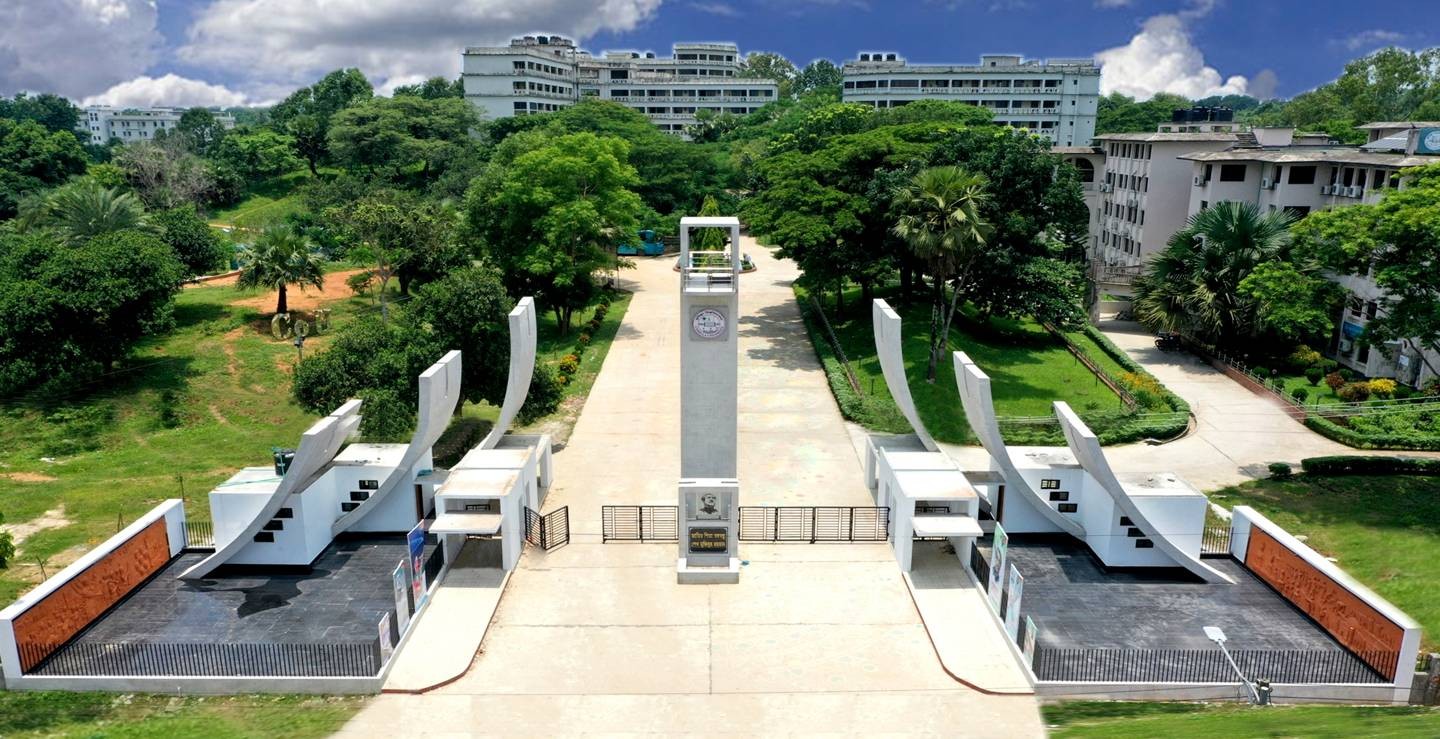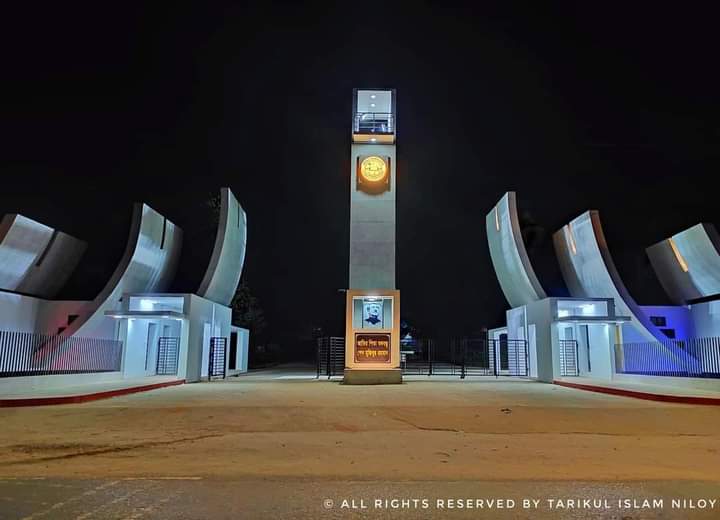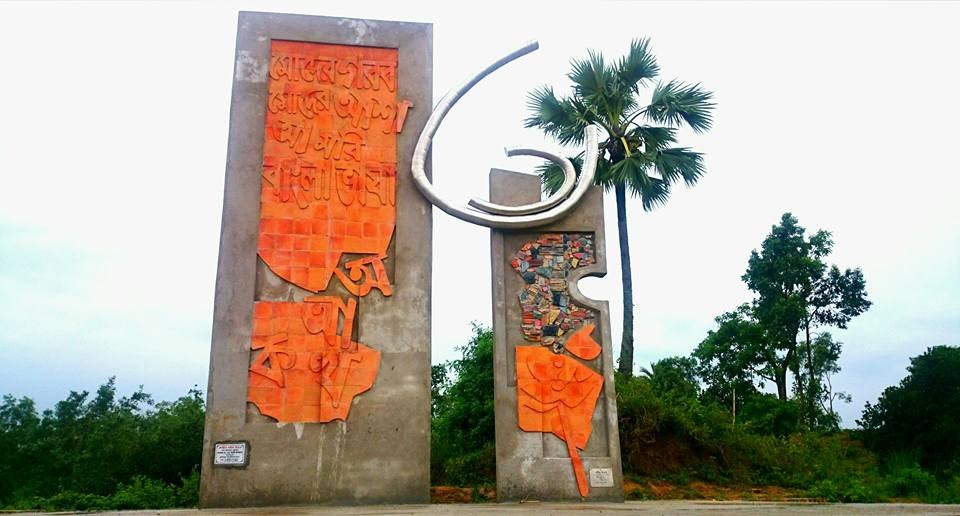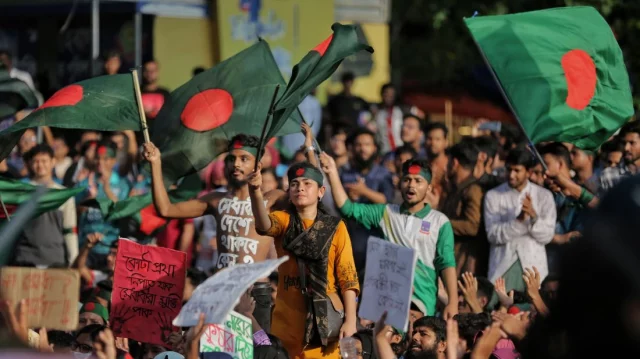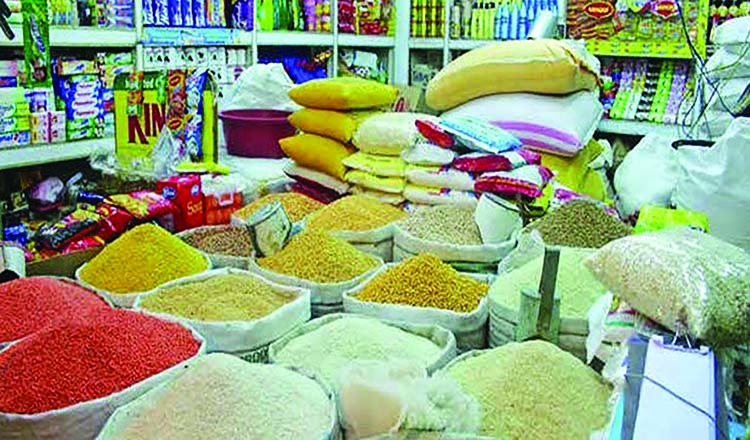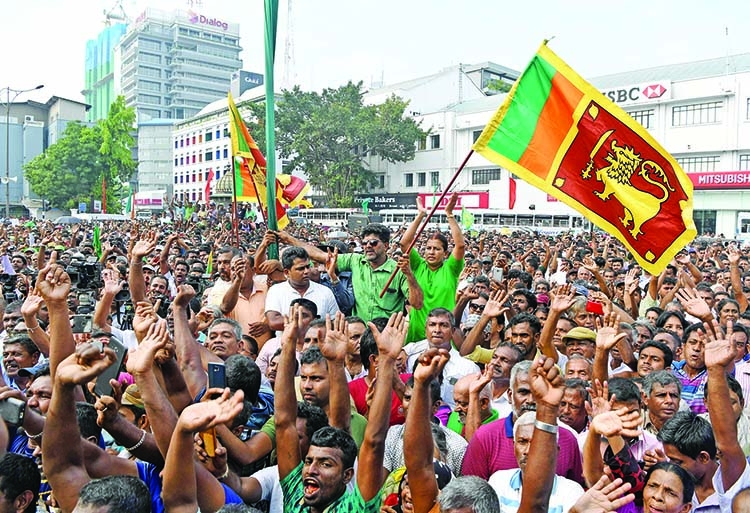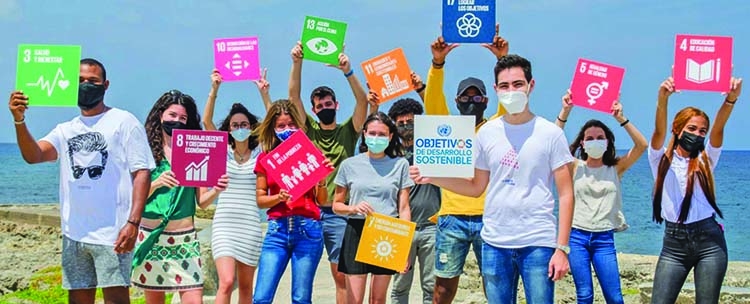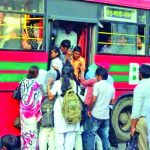By Minhazul Haque
Youth groups have always been on the frontlines to implement political and social changes in a country like Bangladesh. From the Language Movement of 1952 to the Liberation War of 1971, young people have consistently helped determine the direction of their nation. Yet in past few years we have witnessed a resurgence of youth activism that inspires renewed optimism about democracy, governance reform and social equity, reminding us of the unique power this demographic can exercise to influence policy and institutions.
Young people demonstrate their transformative power in the recent overthrow of Sheikh Hasina and her 15-year autocratic rule in Bangladesh, amid student-based protests. What started as a protest against discriminatory job quotas ballooned into a countrywide demand for democratic governance and economic justice. Young leaders showed they could tackle systemic issues that have beleaguered Bangladesh for decades by mobilizing citizens across social and economic divides. Unlike earlier movements, whose power often waned after early victories, this generation has entered the governing class in a bid to make change stick, helping run ministries in the interim administration.
This wave of activism has echoes of the past. There is a long history of student movements in Pakistan leading the charge against various forms of oppression, from the 1969 uprising against Ayub Khan to the protests in the 1980s that led to the fall of dictator Hussain Mohammad Ershad. Yet, these movements typically did not lead to sustained democratic stability. The difference maker for the youth of today are their adaptability to the challenges of their time. Taking advantage of digital technology and social media they have bypassed state repression and misinformation campaigns, bringing together urban and rural populations in shared grievances.
Bangladesh’s youth have also tackled more general socio-economic issues like increasing unemployment, income disparity and environmental degradation. Over 11% of the youth population is out of work, and many, having been consigned to informal work, are poorly paid and vulnerable; their demand for systemic economic reform is timely and necessary. Activists have promoted policies in sweeping conformity with the global Sustainable Development Goals (SDGs), demanding quality education, decent work and climate action. Their work is a reminder of the connection between democratic governance and sustainable development and of the role young people play as primary stakeholders in shaping Bangladesh’s future.
The key to these movements has been the empowerment of youth. Civic education, skills development and leadership training can help leverage their potential. Initiatives such as Volunteer For Bangladesh and other grassroots programs have made inroads, but sustained investment in education, entrepreneurship and innovation is key. Policymakers should also establish institutional channels for youth participation in governance at all levels, prioritizing representation from diverse and marginalized demographics.
However, challenges remain. Only recently, a provisional government headed by Nobel Laureate Muhammad Yunus and student leaders has taken over. Then there are systemic corruption, judicial independence and geopolitical pressures — not least from its neighbor, India. Also, balancing the youthful ambitions of youth with the demand for a permanent steady environment complicates thing.
Bangladesh is at a crossroads. With one of the largest youth bulges in the world, the country has a unique chance to reimagine its story. Its young people have an energy and creativity that can lead to transformational change in domestic policy as well as acting as a beacon for movements around the world. The lessons of unity, agility and continued activism from Bangladesh’s recent revolution offer a model for others struggling for systemic change.
As we celebrate in Bangladesh over five decades of independence, our youth has once more demonstrated that they are not just the leaders of tomorrow but the agents of change today. Their movements remind us that change is possible when bravery meets solidarity. Now it is up to the nation’s leaders to understand this potential and lead with a vision for a just, inclusive and prosperous tomorrow.
The writer is a member of the Social Research Group (SRG) and an undergraduate student of Public Administration at Comilla University, Bangladesh. The article is a work in progress.

